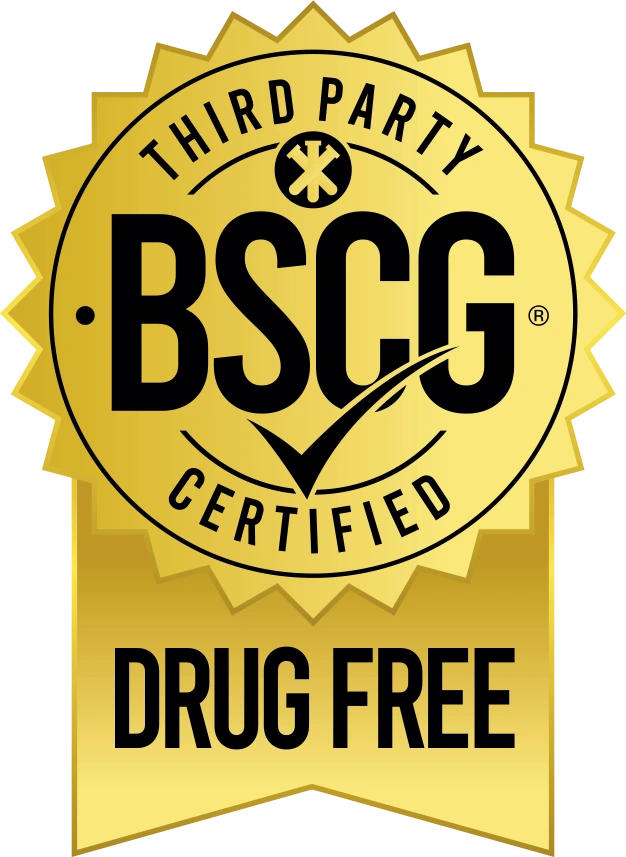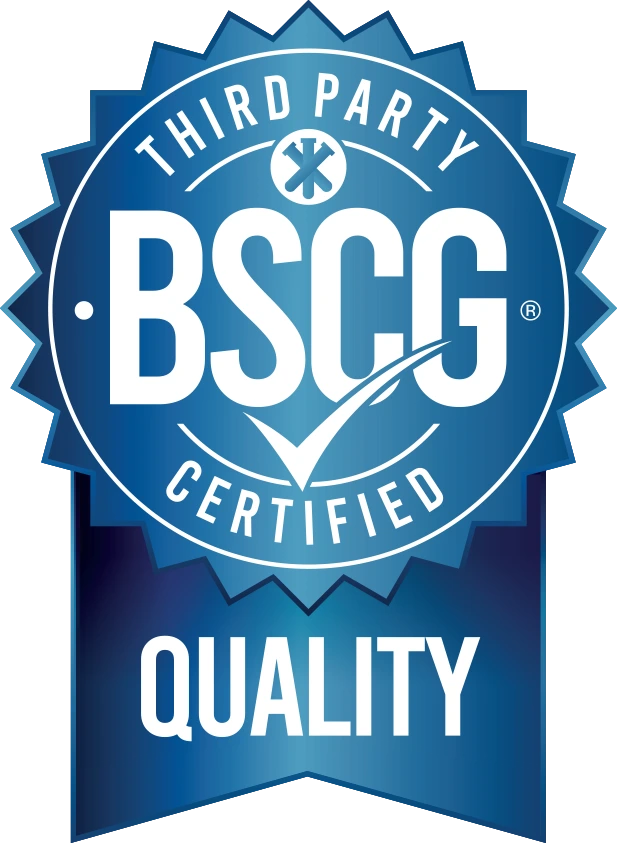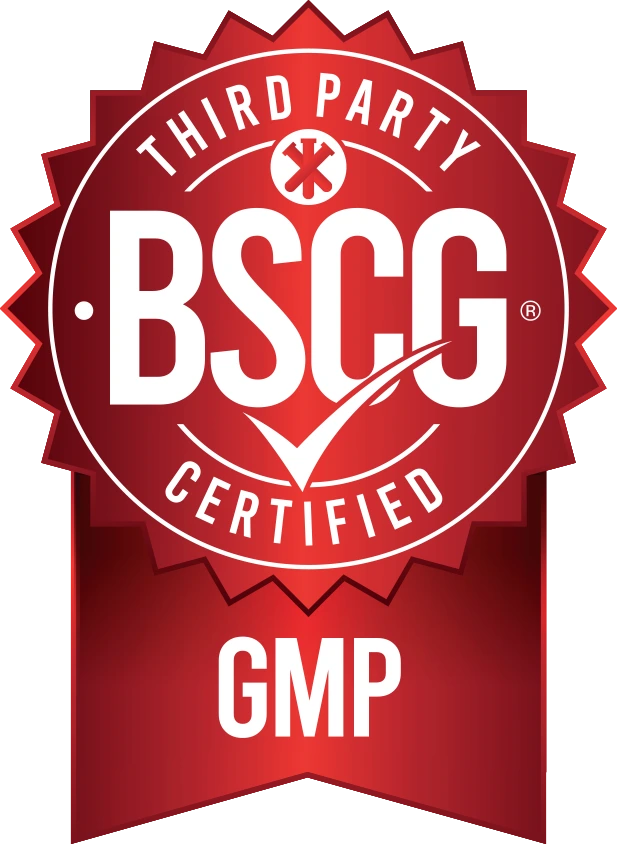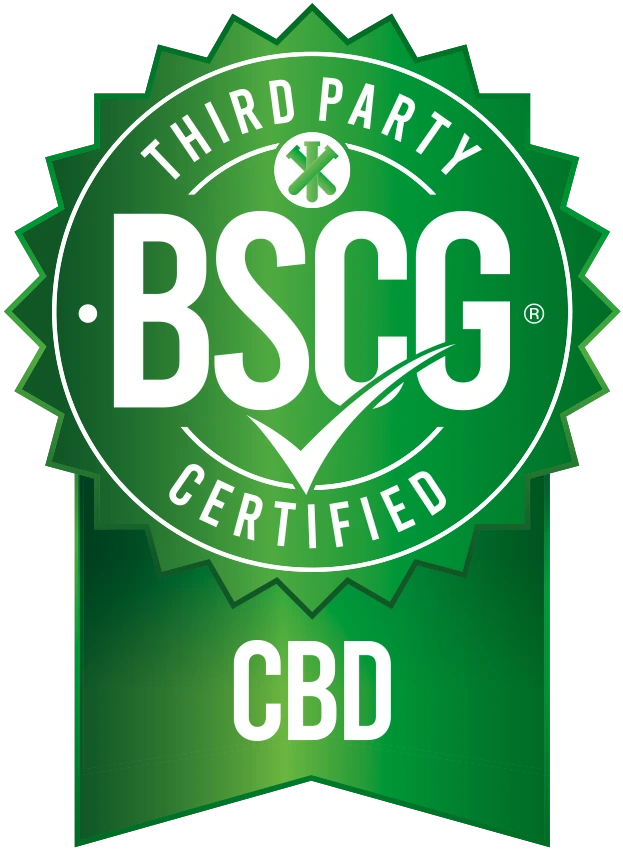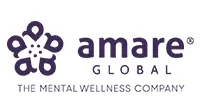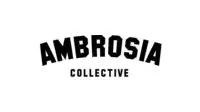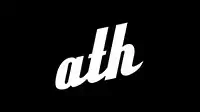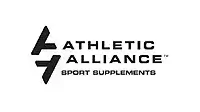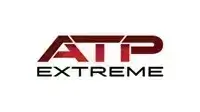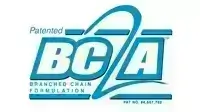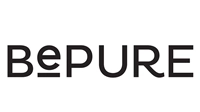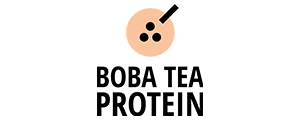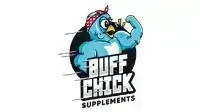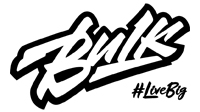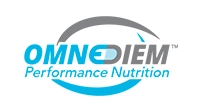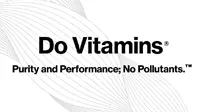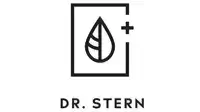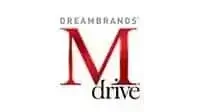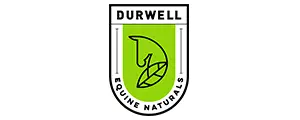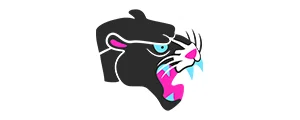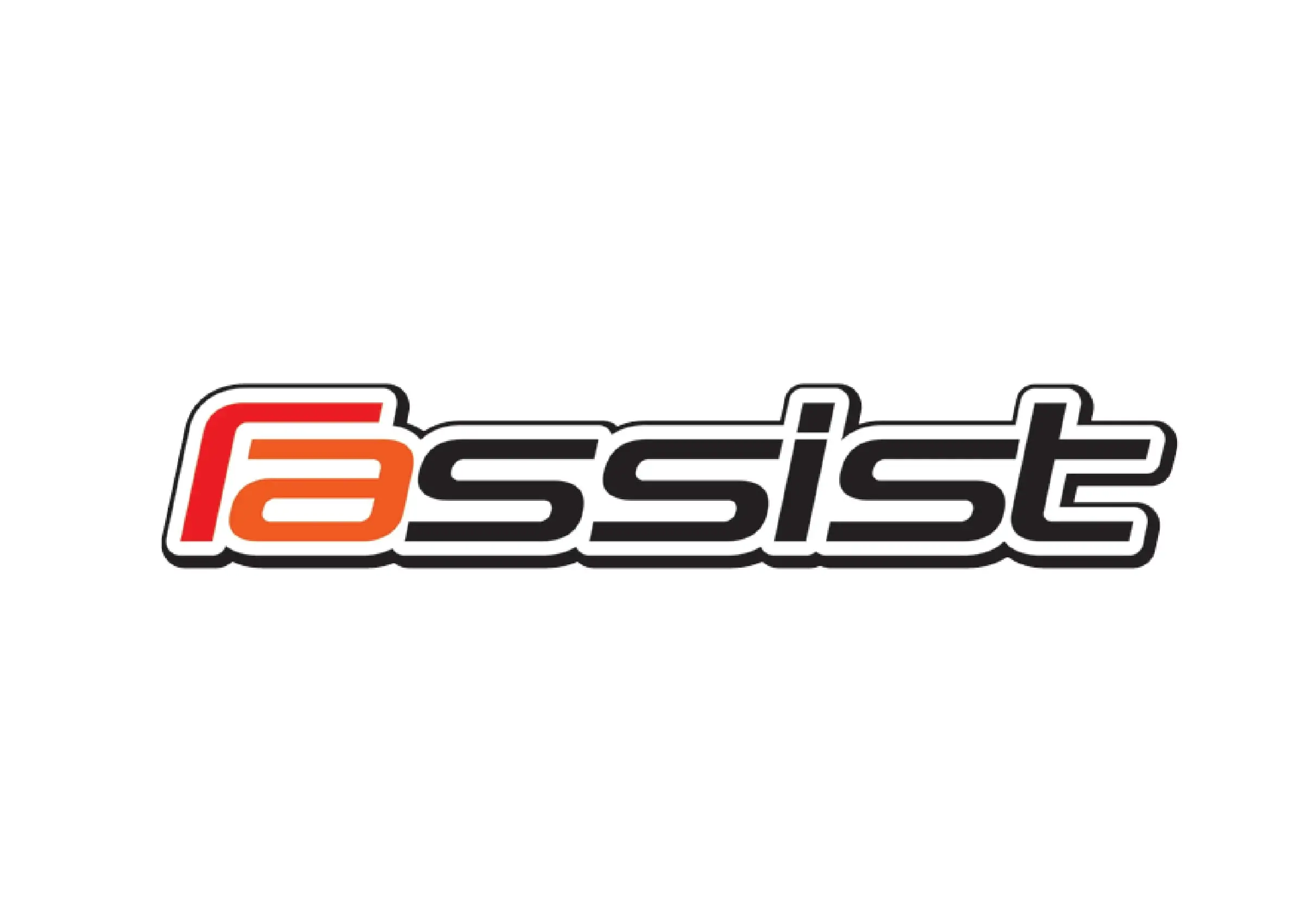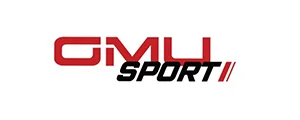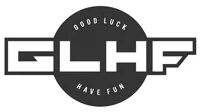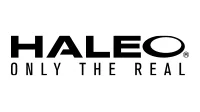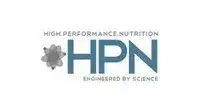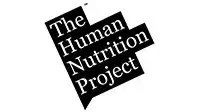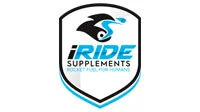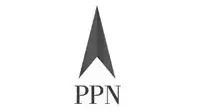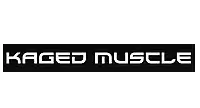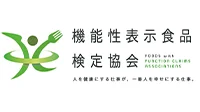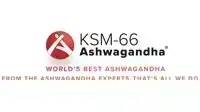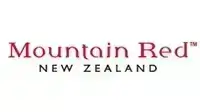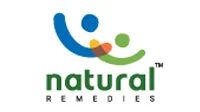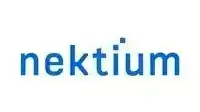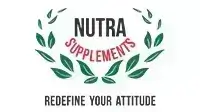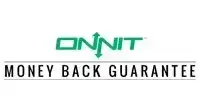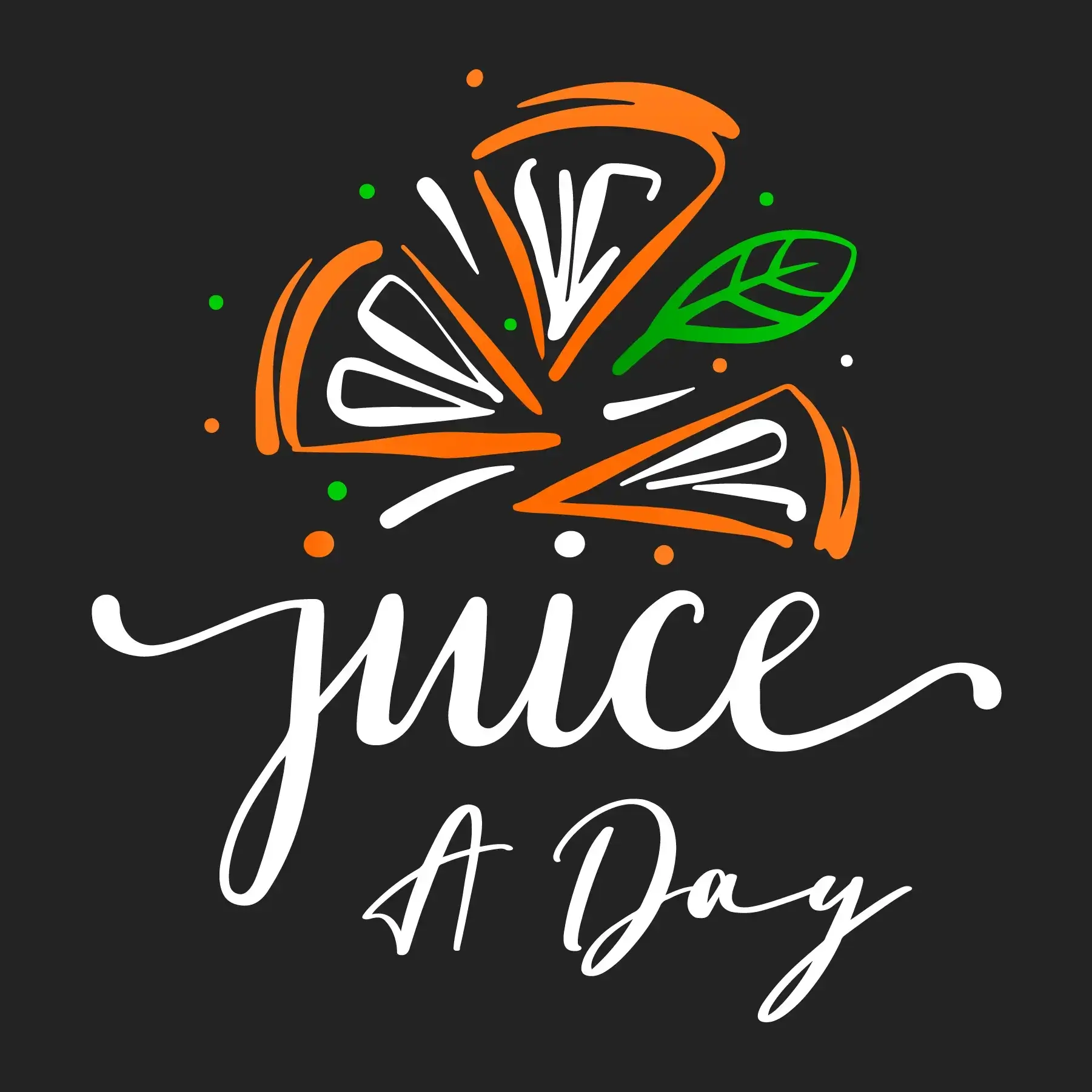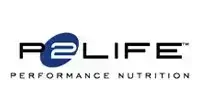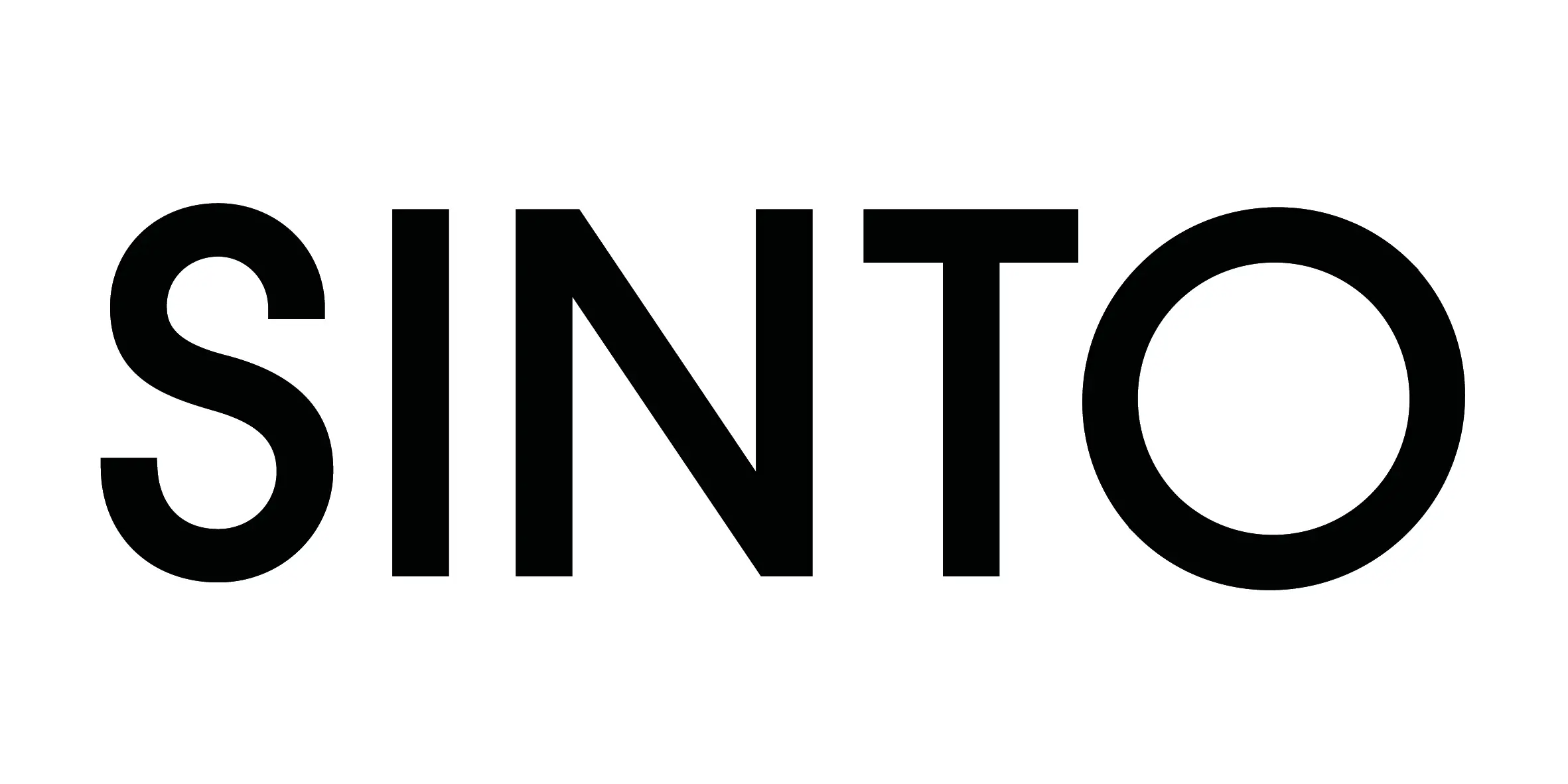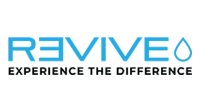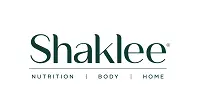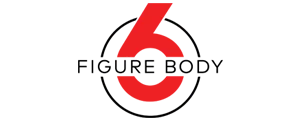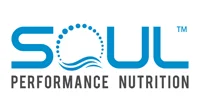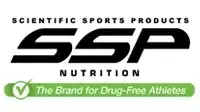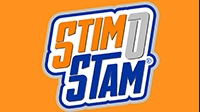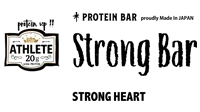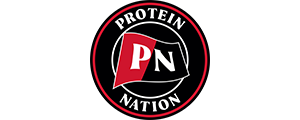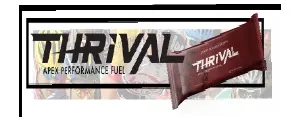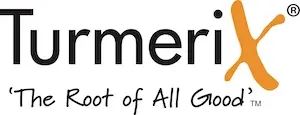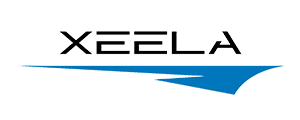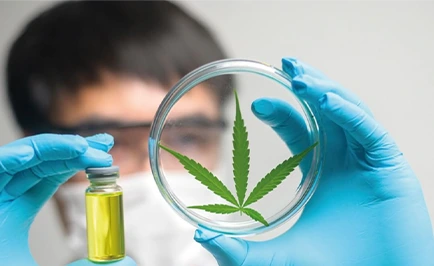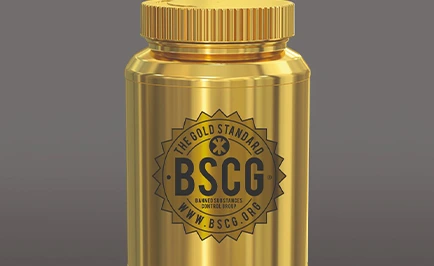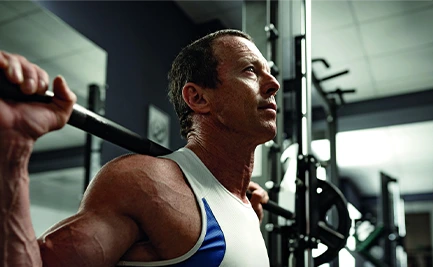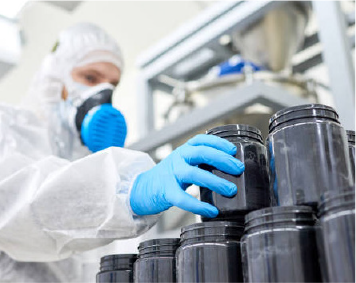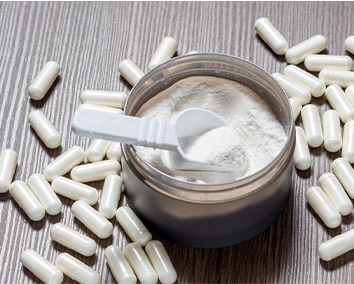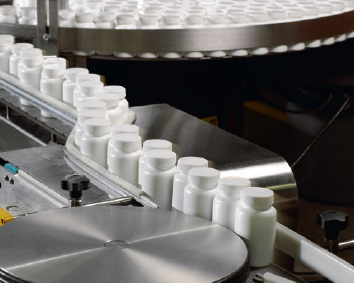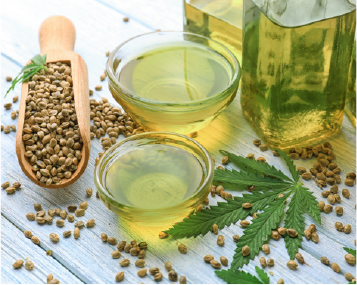Cereal Could Cause Failed Drug Test for Cricketers
Oct 19, 2023

Cereal Could Cause Failed Drug Test for Cricketers
To almost 2.5 billion fans, cricket is life. Everything else is just a game. The world’s second most popular sport is being clean bowled by Cricket World Cup fever. Played across 120 countries with millions of registered cricket players, plenty can impact a cricketer’s performance and integrity. In a world where every run and wicket counts, addressing the risks lurking in supplements is wise.
? Cereal Offenders: A Wake-Up Call for Cricketers ?
A few months after the 2019 World Cup, officials warned top cricketers to check their breakfast cereal for banned substances. Cricket Australia sounded the alarm about the unexpected causes of potentially failed drug tests for these athletes. In a 17-page document from Cricket Australia, players were cautioned about the hidden dangers in their everyday supplements and morning cereal bowls.
?? Behind the Scenes ??
Alex Kountouris, Cricket Australia's head of sports science and medicine, highlighted the complexity of this issue. He emphasized the importance of vigilance, stating, "Anything with added protein needs to be batch tested, irrespective of brand. That includes cereals with added protein, which, although low risk, should be approached with caution."
? Cereal Caution: More than Meets the Eye ?
It's not just any cereal that raises concerns; it's those boasting added protein. These cereals use protein as a marketing point, making them an unsuspecting pitfall for athletes. The advice to players? Check product labels diligently and consult their sports dietitian before consumption, especially if a cereal contains added protein substances.
? Beware of Smoothies and Shakes Too! ?
Cricket Australia works within the WADA code, so their official warnings extend to anything they might add to their smoothies and shakes. The policy emphasizes the importance of using only 'real food' ingredients and avoiding protein powders, herbal ingredients, and those claiming to offer extra energy, vitality, or clarity. Cricket Australia provides approved protein supplements to players, ensuring they meet the necessary standards. However, players should remain cautious even when using these approved products.
? Don't Get Fooled by Marketing! ?
Players should base their supplement choices on factors like the product ingredient list, third-party auditing, origin of manufacture, and alignment with individual player goals and assessments rather than brand or marketing claims. While Cricket Australia and its dietitians try to mitigate risks associated with third-party supplements, it's essential to recognize that these measures don't eliminate the risk of anti-doping rule violations.
? Act and Stay Informed! ?
Third-party certification addresses evolving sports regulations and gives athletes the peace of mind they deserve. Additionally, certified products provide quality assurance to consumers and brands that want to ensure they get what they claim. The BSCG Certified Drug Free program tests every product batch for more than 500 banned substances. As cricket enthusiasts, we believe it is our responsibility at BSCG to support our favorite athletes in making informed choices. Internationally BSCG Certified Drug Free and Informed Sport along with HASTA in Australia test every batch for banned substances. For those that are in the know, please share the importance of third-party certification for banned substances with others to ensure our cricketers perform at their best while upholding the spirit of fair sport.



